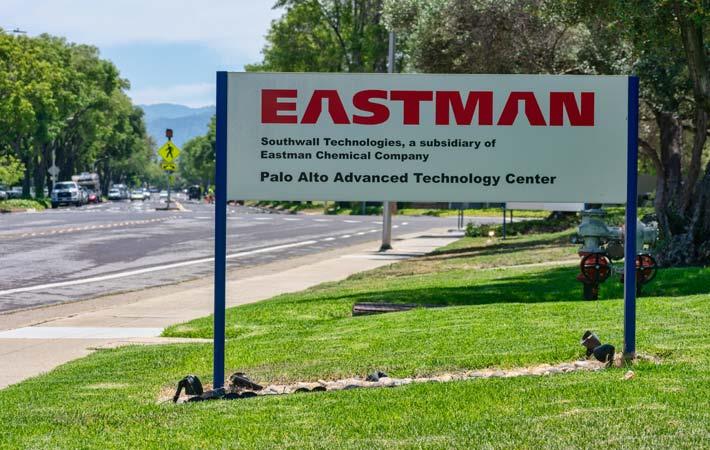Eastman has taken a significant step forward to accelerate the circular economy. The company has begun commercial operation of an innovative chemical recycling technology that will help solve one of the world’s most pressing problems – waste plastic. Eastman is a specialty materials firm that produces a range of products found in items people use every day.
Eastman’s carbon renewal technology breaks down waste plastics into molecular building blocks like carbon, oxygen and hydrogen. Carbon renewal technology is a game-changer for recycling because it provides an end-of-life solution for many plastics from a variety of sources, such as single-use plastics, textiles, and carpet, which traditional mechanical recycling methods cannot process. As a result, many of these plastics are landfilled or incinerated.Eastman has taken a significant step forward to accelerate the circular economy. The company has begun commercial operation of an innovative chemical recycling technology that will help solve one of the world's most pressing problems - waste plastic. Eastman is a specialty materials firm that produces a range of products found in items people use every day.#
Eastman expects to use up to 50 million pounds of waste plastic in carbon renewal technology operations in 2020, and projects are currently underway to significantly expand that amount, the company said in a media statement.
Carbon renewal technology is operated in Kingsport, home to the company’s largest manufacturing site and world headquarters. Eastman modified the front end of its acetyls and cellulosics production processes to accept waste plastic, reducing the amount of fossil feedstocks required. Carbon renewal technology has a significantly improved carbon footprint compared to the use of fossil feedstocks, according to preliminary lifecycle analysis studies by Eastman scientists.
In the carbon renewal technology process, waste plastic feedstocks are broken down to the molecular level and then used as building blocks, which are indistinguishable from virgin, to produce products used in Eastman markets, including textiles, cosmetics and personal care, and ophthalmics markets. With carbon renewal technology, waste plastics can be recycled an infinite number of times without degradation of quality. This means recycled materials will have more possible end uses.
Eastman’s recycled materials will be certified by International Sustainability & Carbon Certification (ISCC), an independent agency for tracking sustainable content in a variety of industries.
“Eastman is a company of problem solvers, and our people have the capabilities to tackle the world’s biggest problems. Closing the loop of waste plastics is a complex problem that has to be solved with innovative solutions. With the right people, world-class technologies and our unique vertical integration, Eastman is uniquely positioned to scale up this solution quickly. With carbon renewal technology, we will revolutionise recycling at the molecular level,” Mark Costa, board chair and CEO said.
Fibre2Fashion News Desk (GK)
